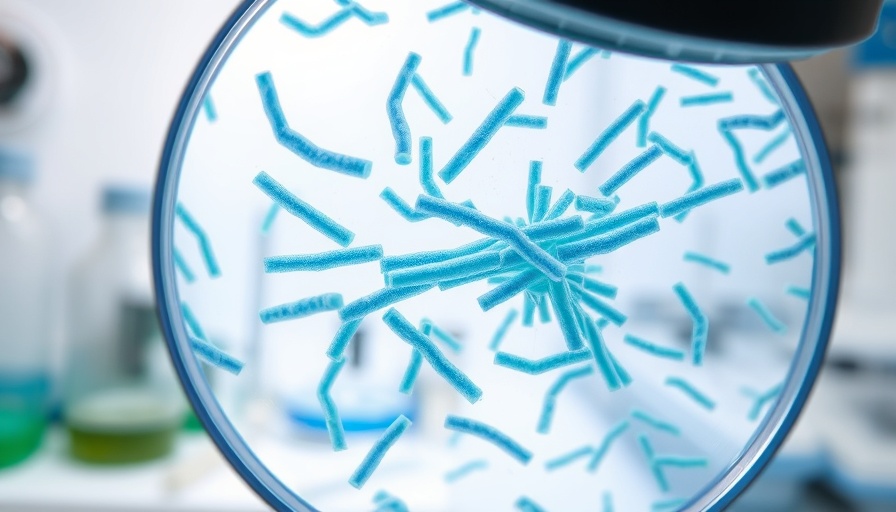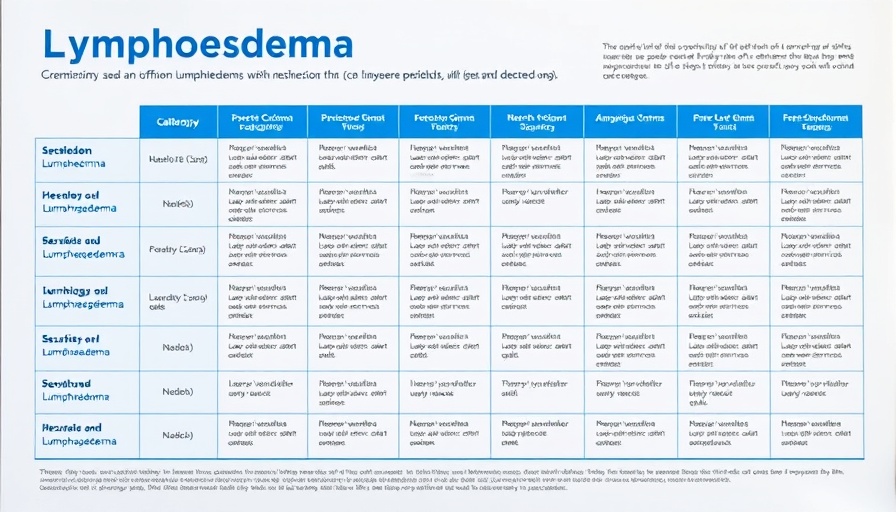
Unraveling the Truth Behind Listeria's Survival Strategies
The retraction of the article examining how Listeria monocytogenes employs mitochondrial calcium signaling to thwart immune responses underscores a pivotal moment in microbiological research. Originally published in January 2021, the study was meant to illuminate the molecular ballet between pathogens and host defenses. However, doubts over image authenticity in key figures led to its retraction in July 2025, raising critical questions about data integrity in scientific publications.
The Importance of Data Integrity in Health Research
In an era where science influences public health and wellness choices, integrity in research cannot be overstated. This incident serves as a cautionary tale about peer review processes and the importance of stringent validations before scientific claims can be broadly accepted. For health-conscious individuals, understanding the complexities and potential pitfalls of scientific research is essential for making informed decisions regarding longevity and wellness strategies.
A Closer Look at Mitochondrial Calcium Signaling
Mitochondrial calcium signaling plays a significant role in cellular health, impacting everything from energy production to apoptosis (cell death). This signaling mechanism has shown potential links to age-related diseases and anti-aging interventions. While the retracted study aimed to highlight its role in immune evasion by pathogens, it inadvertently redirects our attention to how we can leverage mitochondrial function for longevity and healthspan optimization.
The Intersection of Microbiology and Anti-Aging Research
Microbial interactions within our bodies significantly influence overall health and aging processes. With ongoing research establishing connections between gut microbiota and cellular health, the need for holistic wellness becomes increasingly clear. Future studies must tread carefully, prioritizing rigorous methods to align their findings with actionable insights on nutrition, fitness, and aging research.
Exploring Biohacking Strategies for Longevity
In light of these challenges in research validity, biohacking enthusiasts are urged to stay vigilant. Integrating biohacking techniques can empower individuals to take charge of their well-being. Key strategies include optimizing mitochondrial function through diet protocols rich in antioxidants, such as berries and green leafy vegetables. Supplements aimed at enhancing cellular health, along with regular exercise routines, can act as true allies in the pursuit of longevity.
Practical Tips for Boosting Your Cellular Health
Given the emerging science surrounding cellular health, individuals eager to extend their wellness journey can adopt practical steps:
- Pursue Nutrient-Dense Foods: Incorporate cruciferous vegetables and high-quality fats.
- Consider Targeted Supplements: Explore science-backed supplements like NAD+ boosters which may support cellular vitality.
- Embrace Active Living: Engage in a balanced fitness regimen to promote healthy aging.
What This Means for You
This retraction serves as a reminder: while scientific research can guide us in our quest for longevity, we must always approach findings critically. By maintaining a curious mindset, backed by expert health insights and sound nutritional strategies, we can navigate the path to a healthier and more extended life.
Final Thoughts on Longevity and Healthspan Optimization
As we delve deeper into the nexus of microbiology and longevity, ensuring that we are basing our health decisions on reliable evidence is crucial. Knowledge is power; equip yourself by staying informed about how emerging research can impact health strategies.
Don't miss out on additional insights tailored for your wellness journey. Subscribe for expert health tips and strategies that empower you to live a healthier, longer life!
 Add Row
Add Row  Add
Add 




Write A Comment